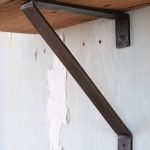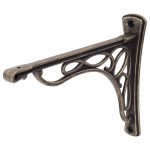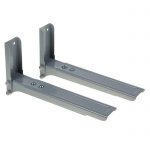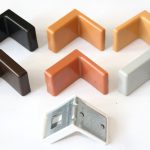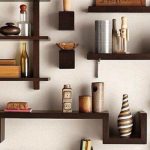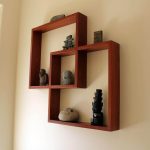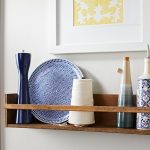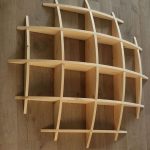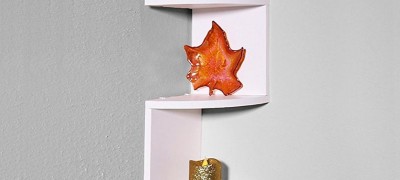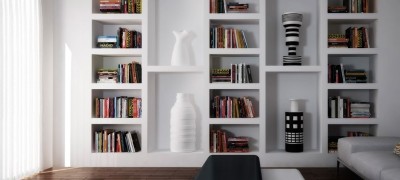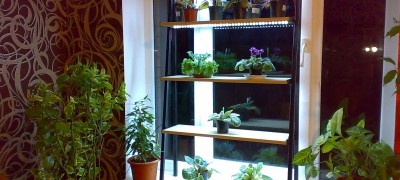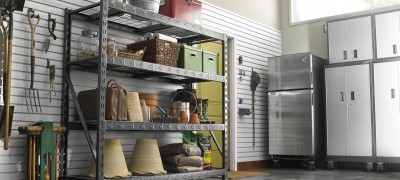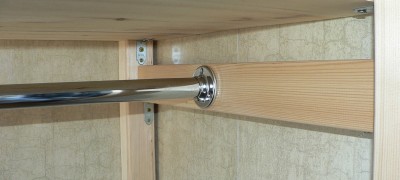How and how you can attach the shelf to the wall with your own hands
The use of shelves attached to the wall in the interior of the dwelling expands the space, creates a feeling of its lightness. The task - to choose shelf holders, as well as fixing the shelf to the wall - is not difficult. But it requires correct calculation.
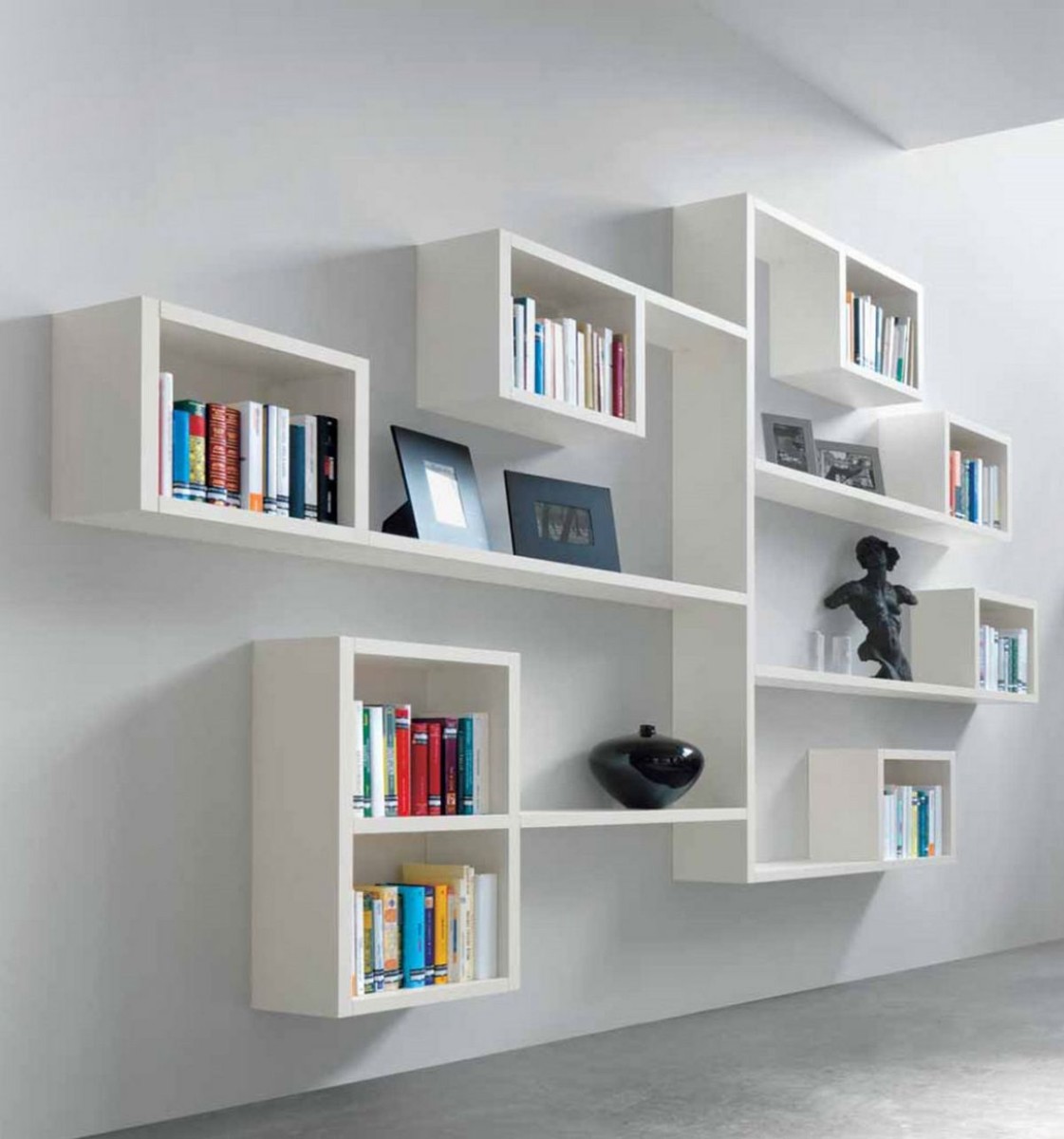
You should figure out in detail how and how to attach the shelf to the wall without or with visible fasteners.
Types of fixing shelves to the wall
Wall mounted shelf supports are divided into 2 types. They exist for installation:
- invisible;
- visible.
When it is important to solve the problem - how to independently attach the shelf to the wall without visible fasteners - it should be borne in mind that it is the first option that is more difficult to implement.
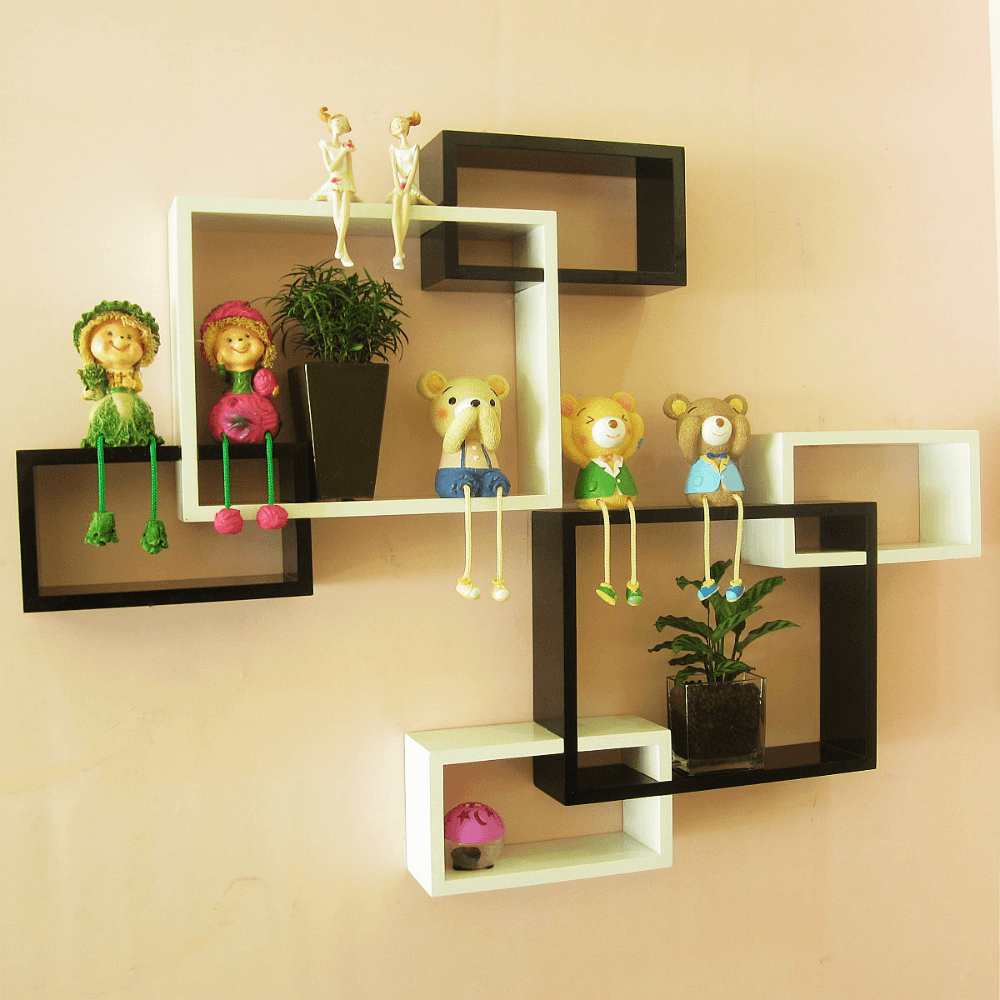
This method is used when it is necessary that the fastening materials are either simply not noticeable, or do not take up space in the attachment location. This method is suitable for wooden shelves and made of MDF, chipboard.
NOTE! Fixing to the walls of different types of shelf supports is made by means of fasteners with self-tapping screws.
Concealed fittings without visible fasteners
Usually, when you need to attach a piece of furniture to the wall, this is done so that the fittings are invisible: they try to hide it.
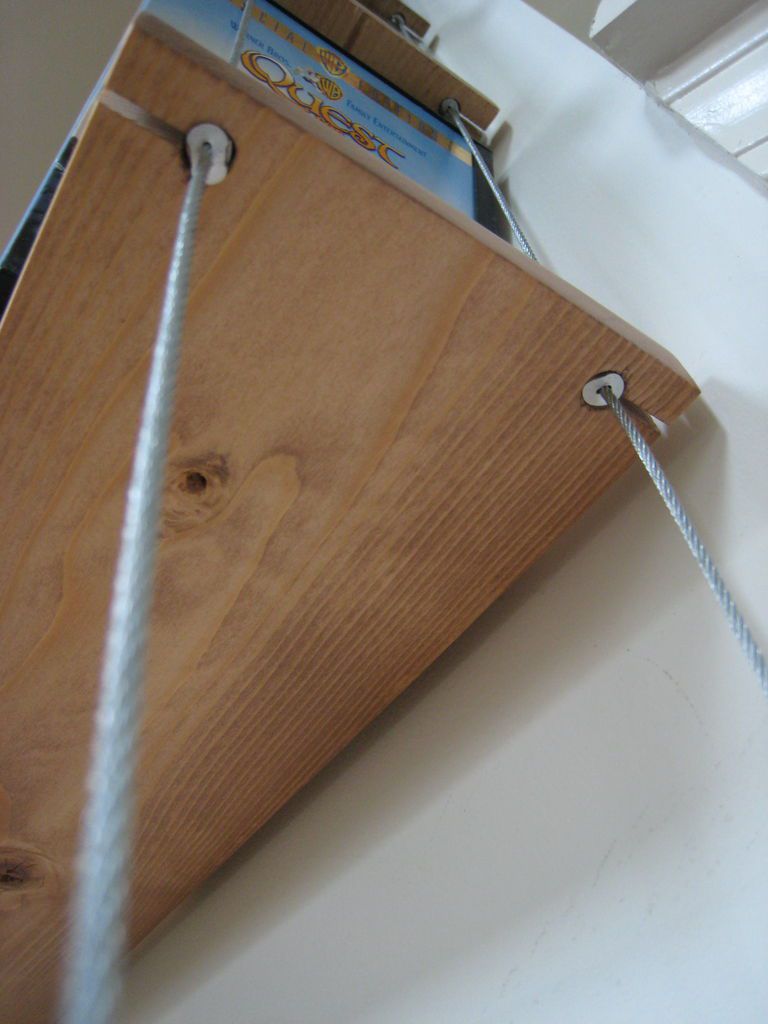
Types of such accessories:
- Plates - they are used to fix multi-level shelves. This flat fastening system is made of metal, with holes for screws;
- Rods - shelf holders are also made of metal (a kind of pins, with one end they are screwed into the attached piece of furniture, the other into the wall);
- Wooden blocks - thanks to them, they install shelves-boxes. The frame is mounted, the bars are attached to the wall in a horizontal position. Then the piece of furniture is simply "put on" on wooden blocks and fixed by means of self-tapping screws;
- Concealed hinged hinges - thanks to this fastening system, open shelves seem to grow into the attachment point. Visually it seems that they are not supported by anything. That is why they are called "floating".
Concealed installation visually makes the structure lighter, while the space seems to become wider.
Open fastening systems
Visible mounts are the most common method for mounting shelves on the wall. Such work is performed under the main canvas.
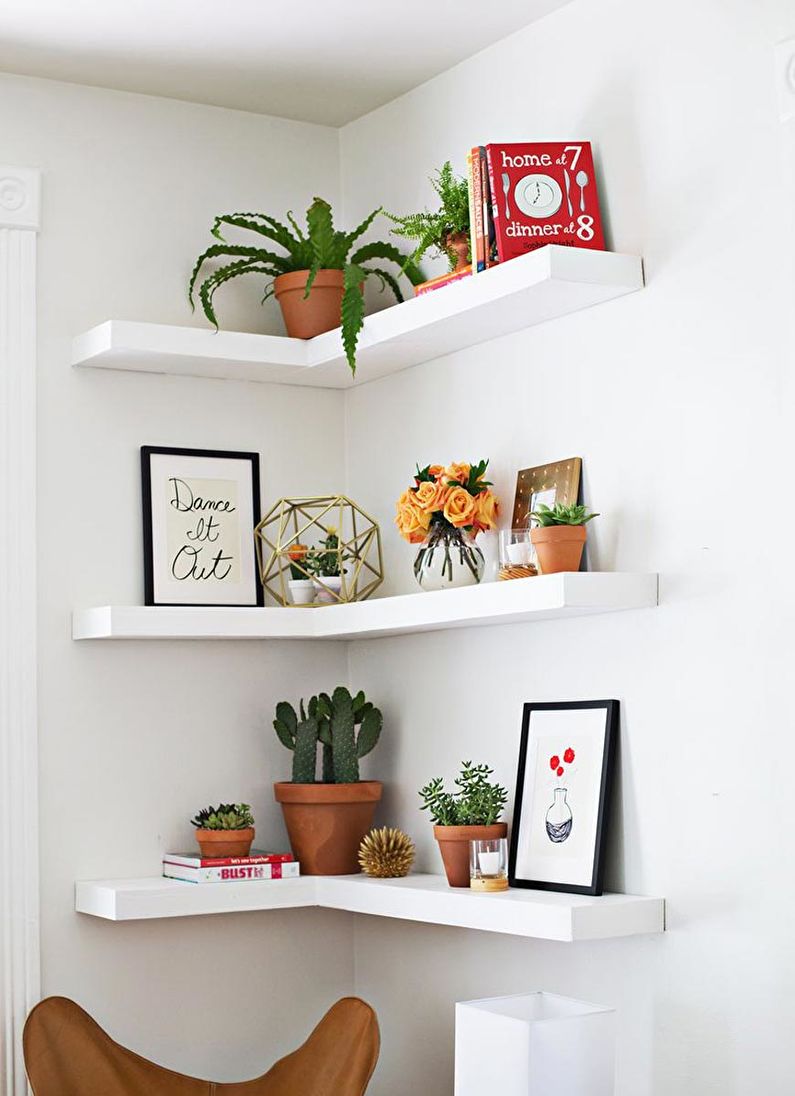
Types of open fasteners:
- Reinforced brackets - can withstand up to one hundred kilograms. They are used for heavy shelves or when the product is supposed to withstand severe loads. The peculiarity of this mount is a jumper that connects the bracket parts (its horizontal and vertical sections);
- Corners - the most common and simplest fastening method.It can be called suitable for an interior of any style. The corners hold the load - twenty to forty kilograms (it is important here what type of design is important);
- Reiki - can be wooden or made of metal. Installed either vertically or horizontally;
- Decorative - such details look very nice. They are used to hold shelves and also as a decorative element.
There are other open-type fastening systems, but they are as common and convenient as the four types of fastening systems mentioned above.
How to choose the right shelf mount
It is worth taking into account both the weight of the furniture item itself and the weight of what is supposed to be put on it.
Corner shelves
To install them, any method will work. You just have to be very careful when sizing the fasteners.
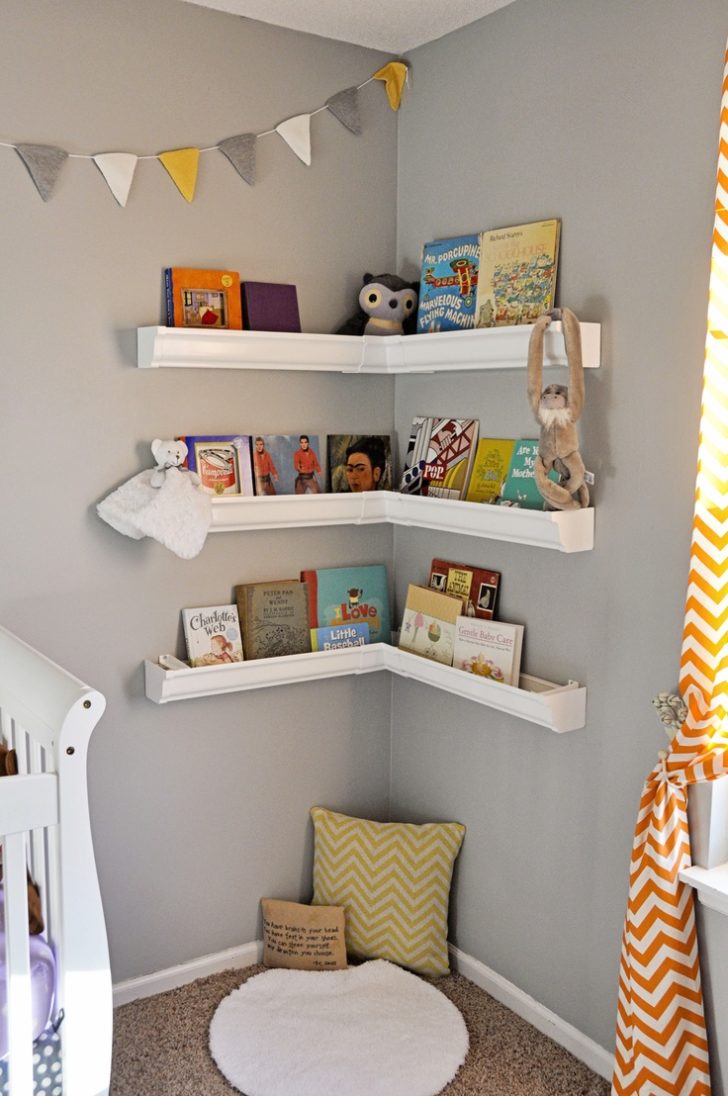
Glass shelves
Mounted on pelican brackets or special decor holders. What is the peculiarity of the latter? Since it is impossible to screw screws into the glass sheet, it is clamped between 2 planes.
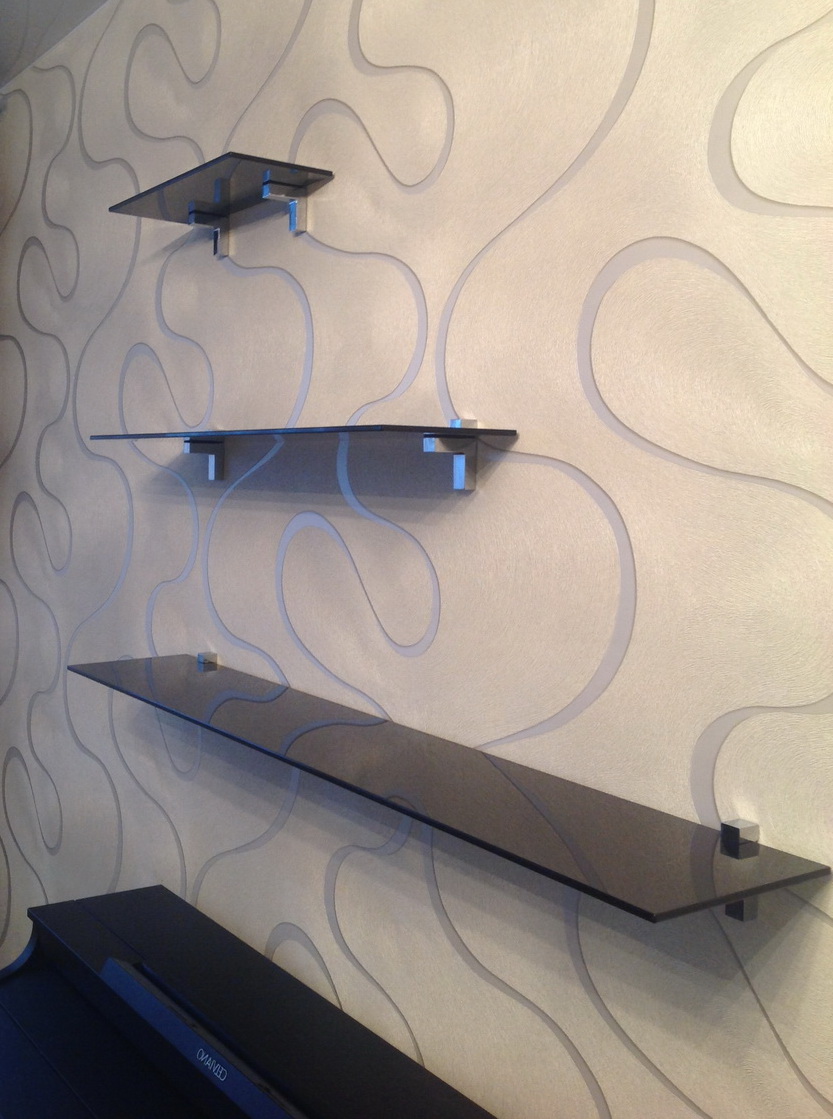
Wooden shelves
For their fastening, a secret mounting method is often used. It is easy to screw the screws into the wood or make holes in it.
Plastic shelves
They are not heavy, therefore they are attached to any holders.
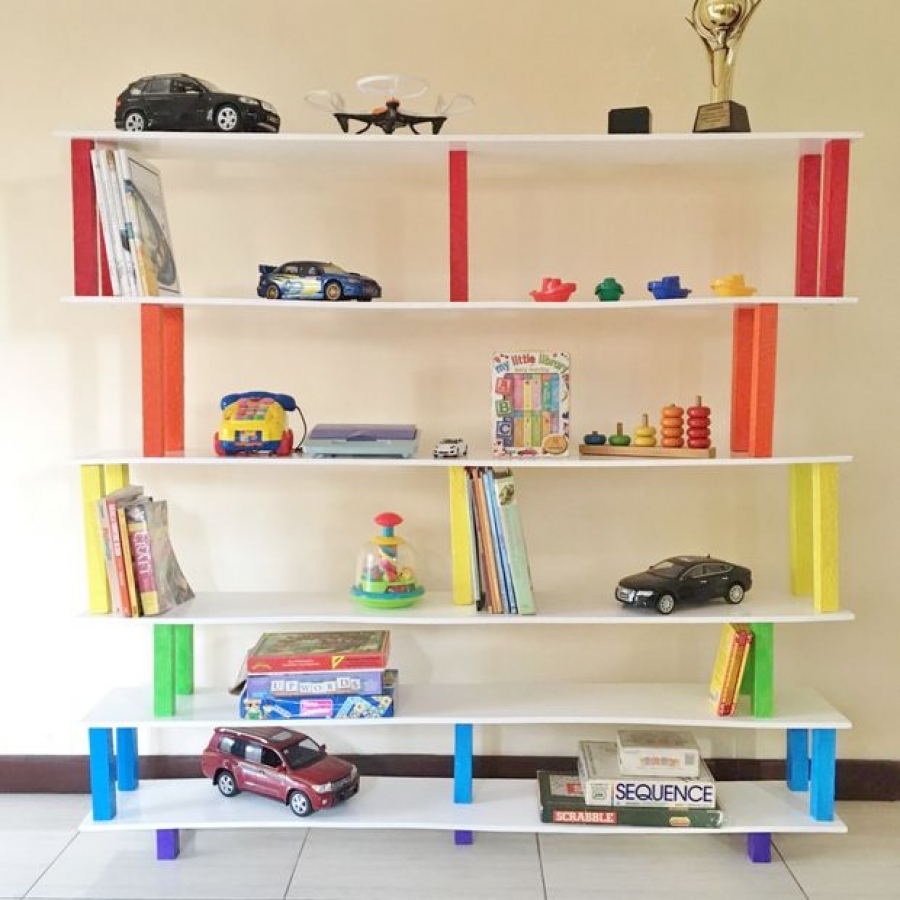
Metal shelves
Metal corners are used to fix such shelves. But the carrying capacity of the latter is low, therefore, if the structure is heavy, frames made of metal rails are used.
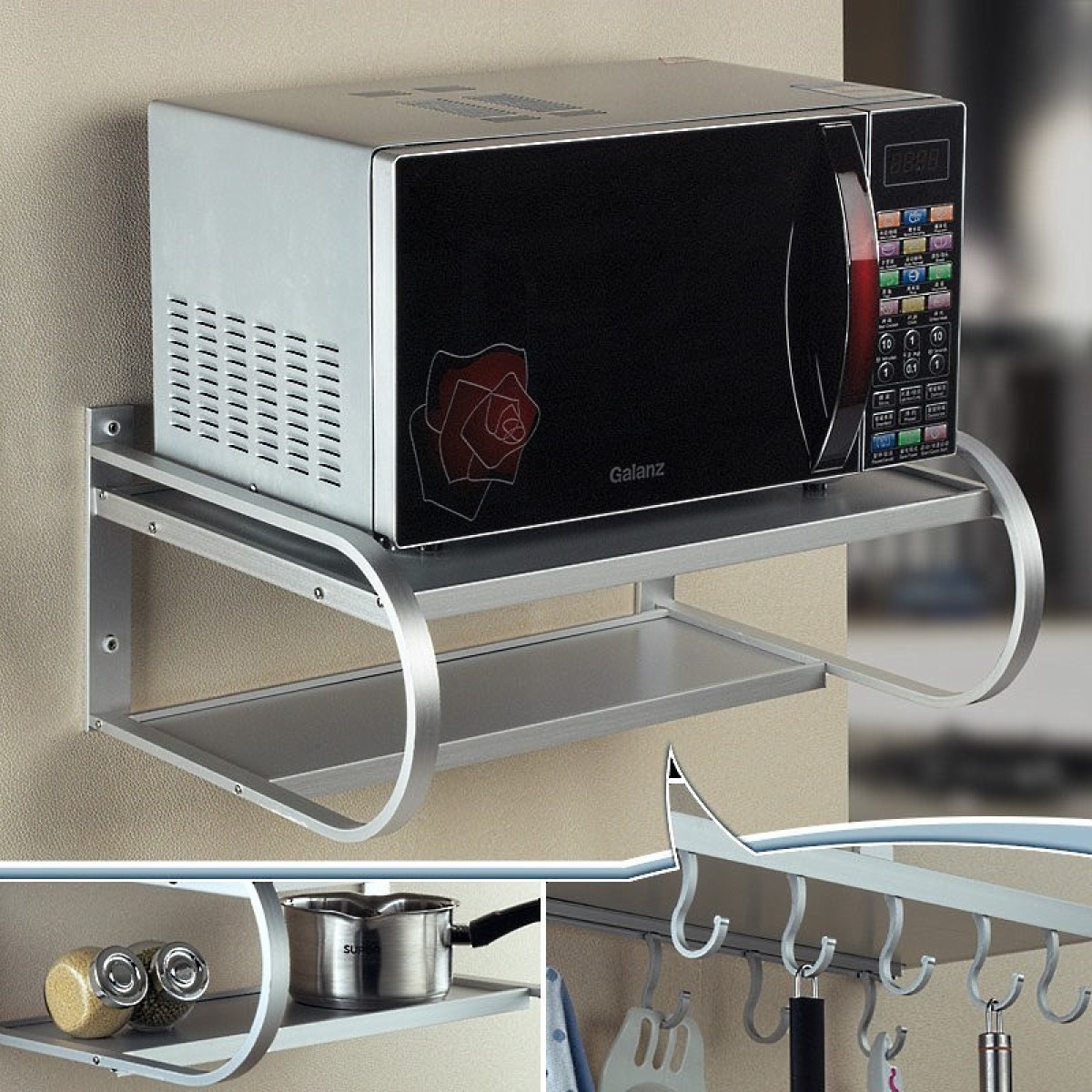
Instructions for fixing shelves in different ways
The main condition for a stable installation of the shelf is the correct selection of fasteners. First of all, the expected load must be taken into account.
IMPORTANT! The longer the installed product is, and the weight of objects on it is greater, the greater the number of anchor points should be.
If you fix the shelves in the usual way, the first thing to do is to calculate the fixing locations of the product to the wall. It is important to identify if there is no curvature.
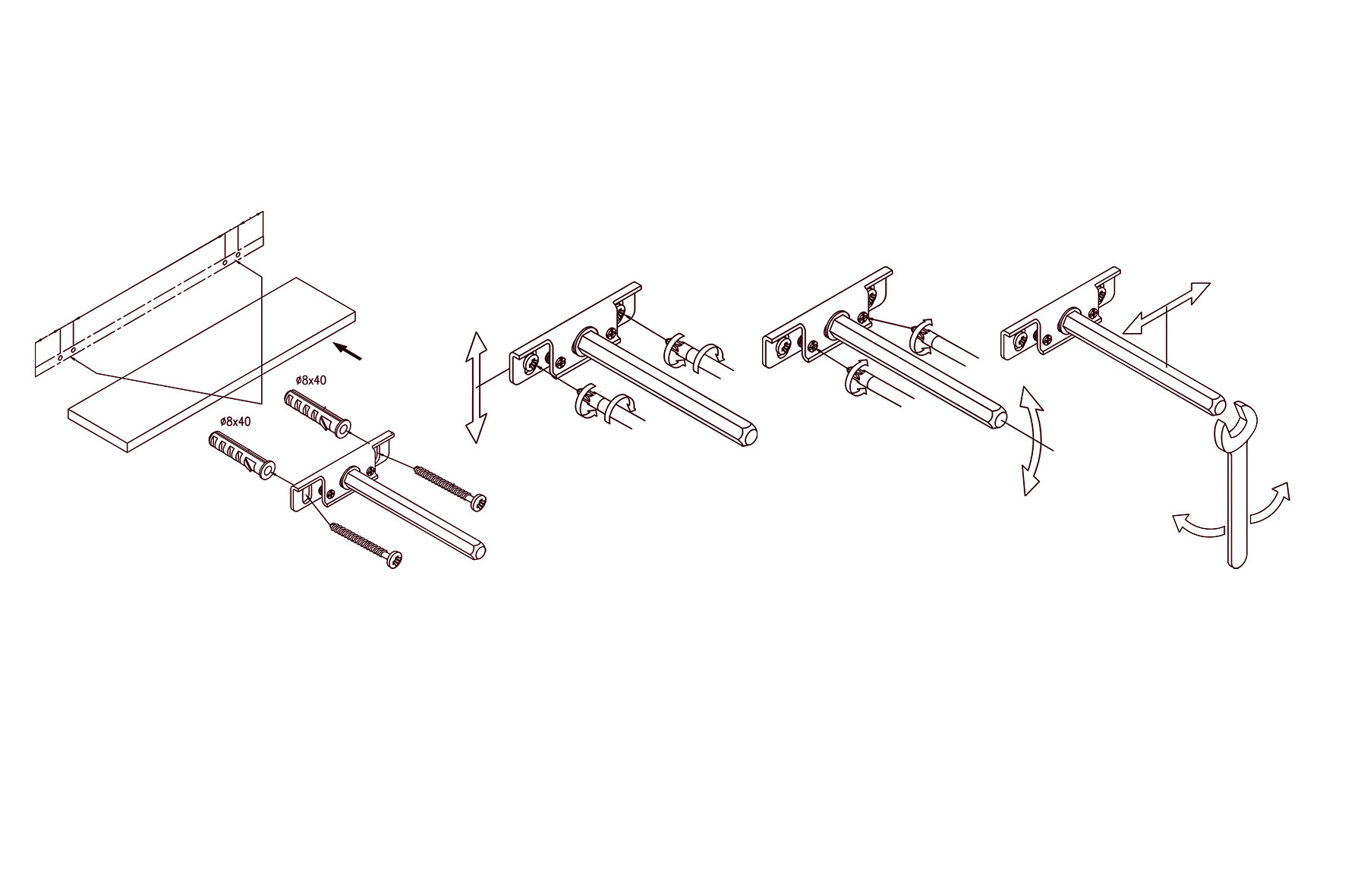
Brackets are screwed into the shelf. If no deviations are observed, the screws must be screwed in completely. The shelf is attached to the wall, notches are made. Then you need to drill holes, install fasteners, screw in dowels.
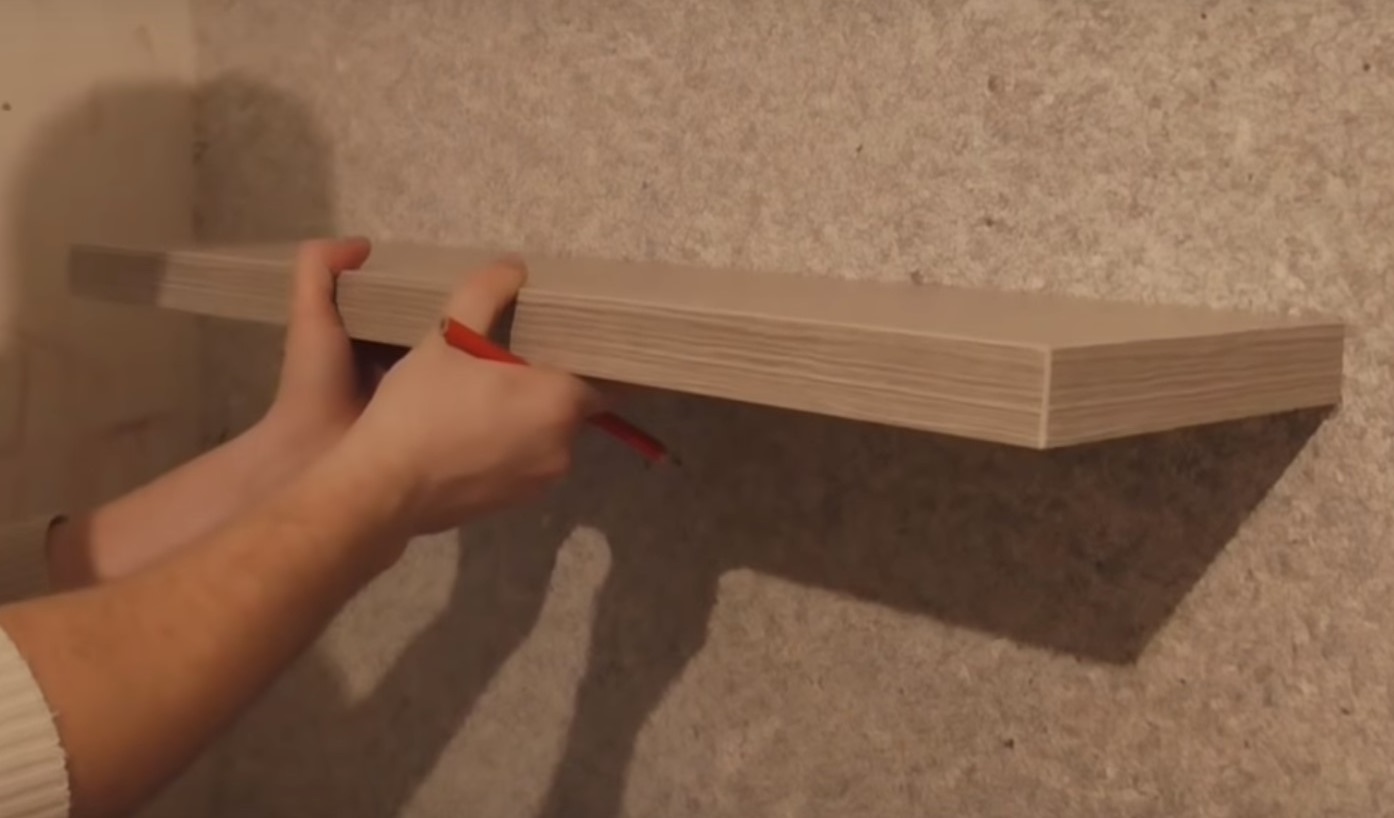
The shelf is placed on the brackets. Self-tapping screws are screwed into the dowels to the end, if the level indicators do not reveal any deviations.
Hidden method
This technique assumes the same calculation rules as with the standard fastening method. It is just that the secret is more laborious because it requires maximum precision.
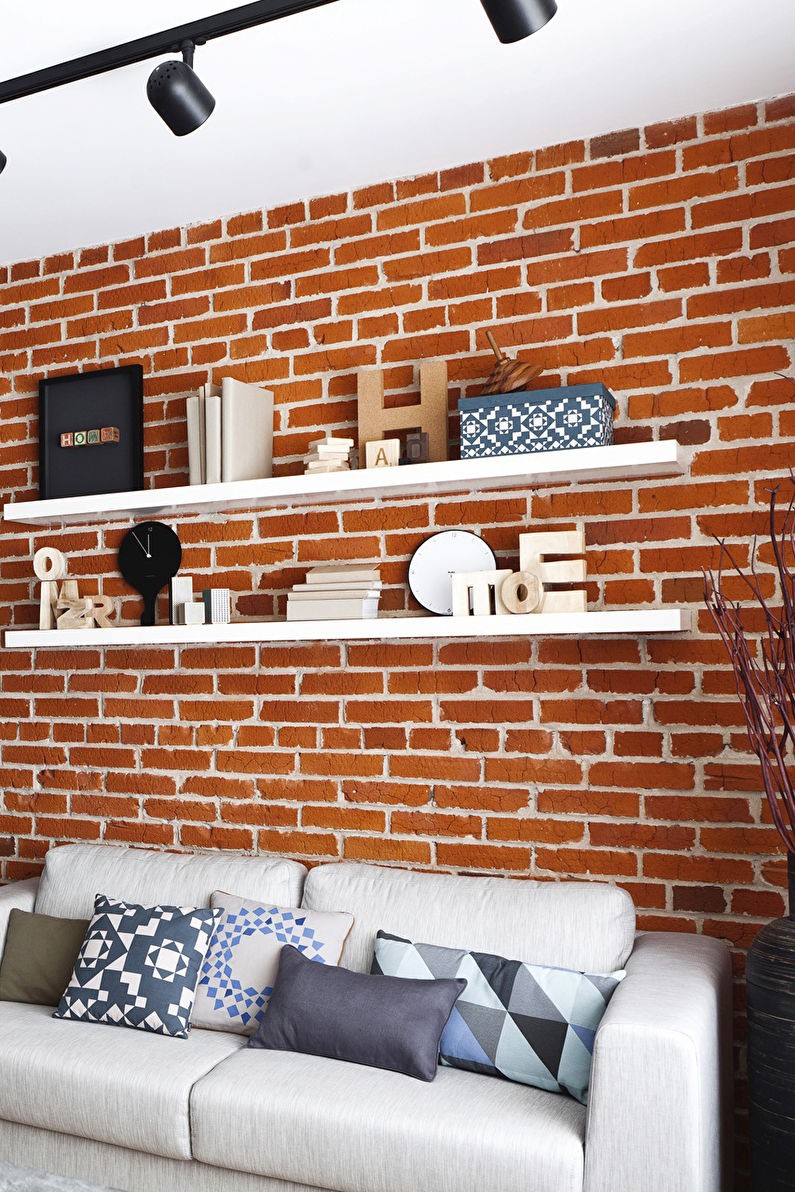
What is the best way to hang the shelf on the wall without visible fixtures? Variations are provided to the master. This can be done on the following elements:
- Rods - fastening loops are screwed to the wall using self-tapping screws;
- Plates - they are fastened with self-tapping screws on the back of the shelf. The piece of furniture is fixed on dowels. It is important to screw them into the wall at a distance (it should correspond to the distance between the plates). It is also required to make recesses for fasteners on the rear wall of the shelf so that the hidden fastening system tightly presses the structure;
- Hidden hinges - for the installation to be strong, grooves must be cut from the back of the shelf. Dowels are screwed into the wall. The fasteners are installed with self-tapping screws on the canvas and mounted on dowels.
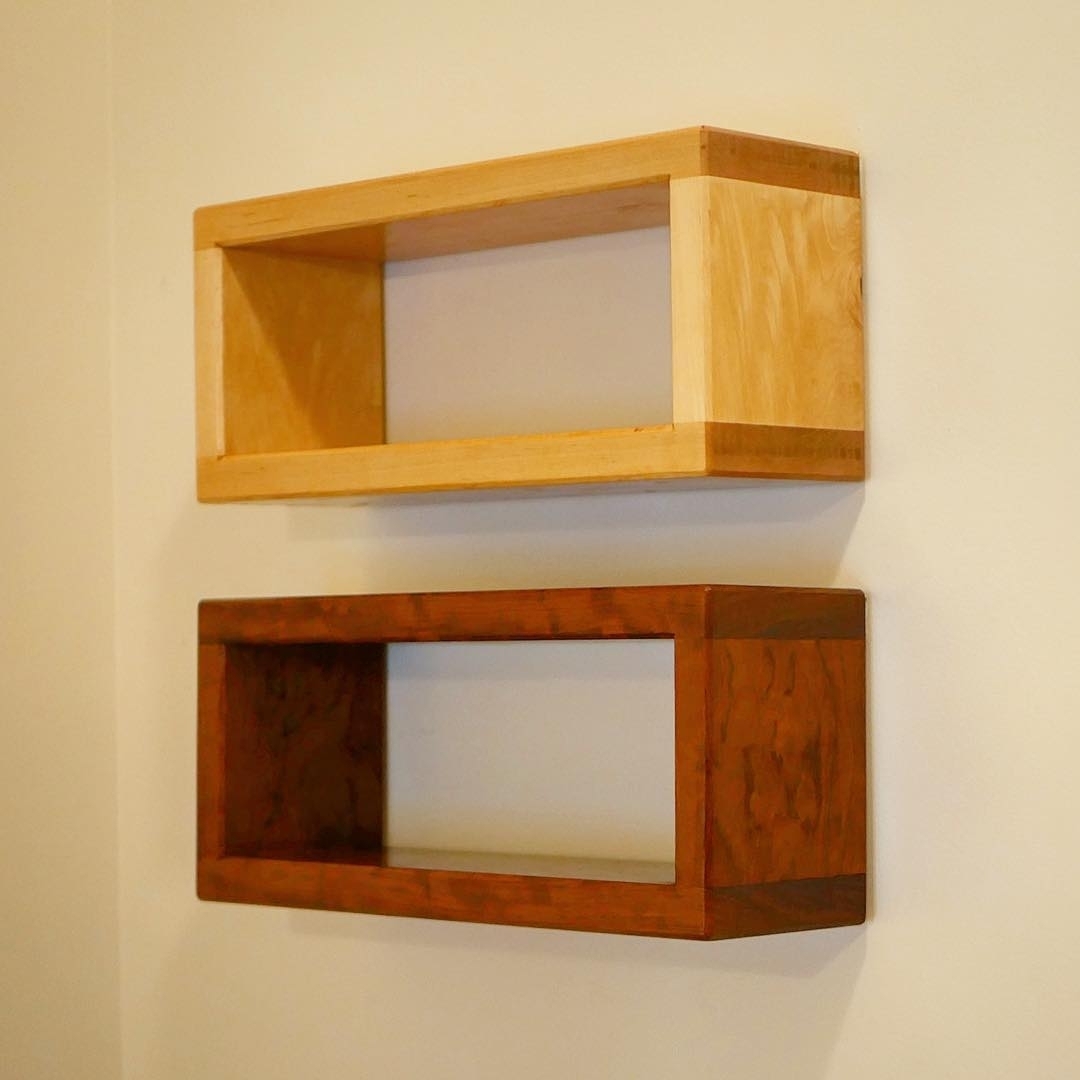
What tool you may need
For self-fixing the shelf on the wall, it is important to prepare a simple toolkit:
- screwdriver or screwdriver;
- drill;
- level.
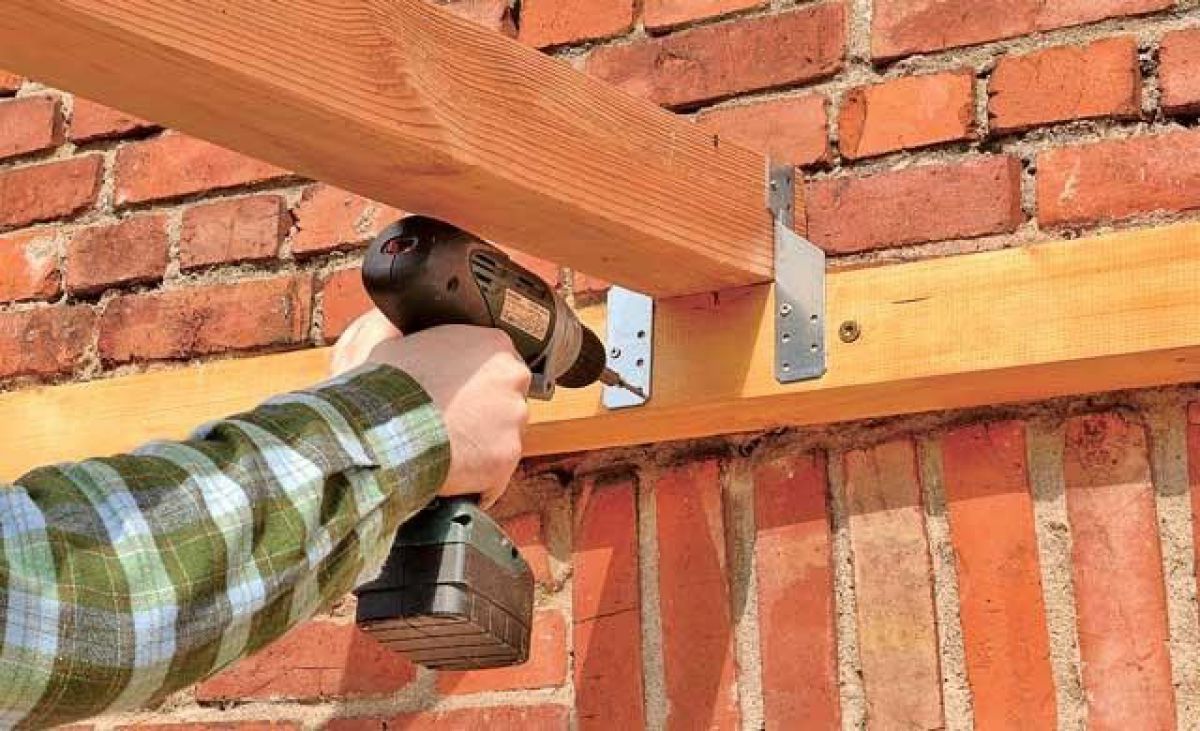
With this set you can get started.
Basic installation rules (for all types of fastening)
Even if fixing the shelf is not a difficult task, it is worth knowing the specific installation rules. First of all, it is important to correctly calculate the number of fasteners, the load on a piece of furniture. A hole is drilled under the dowel, during this process it is necessary to use a drill, the diameter of which is identical to the size of the sleeve.
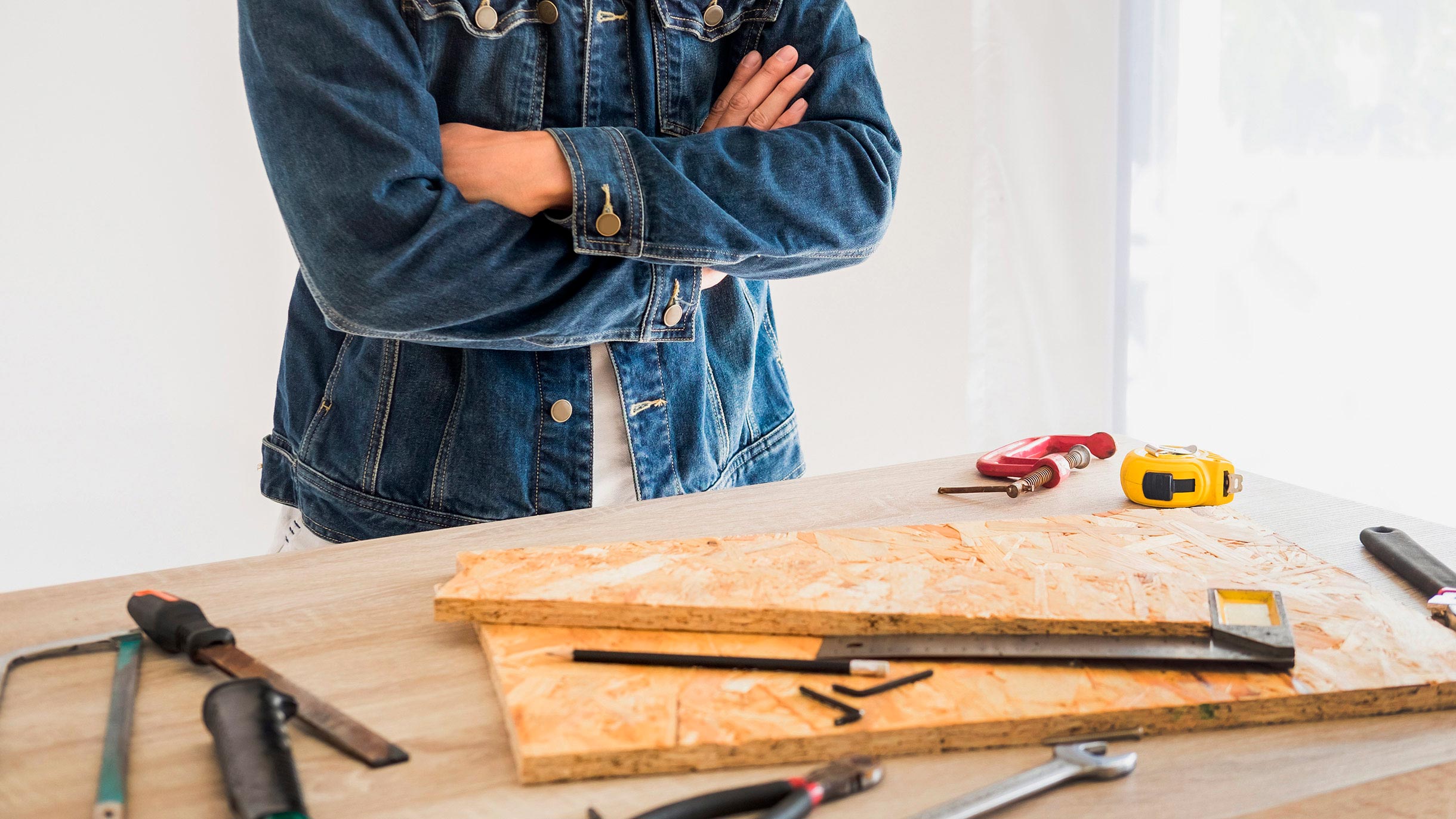
Also recommended:
- so that the product is installed evenly, a piece of insulating tape is glued in the location of the fastener;
- hang a piece of furniture where it does not interfere with movement and do not set it very high;
- when punching holes in the furniture item and the wall to be installed, it is important to keep the cutting-rotating tool level, otherwise the self-tapping screws will not hold tightly. The structure may collapse.
IMPORTANT! When attaching the shelf to the gypsum fiber sheet wall, it is required to use sufficiently strong shelf supports.
Mounting features depending on the wall
When a piece of furniture is hung on a wall with dry gypsum plaster, wooden (another variation is metal) mortgages are made for strength. Fasteners are screwed to the building material, then the structure will hold firmly.
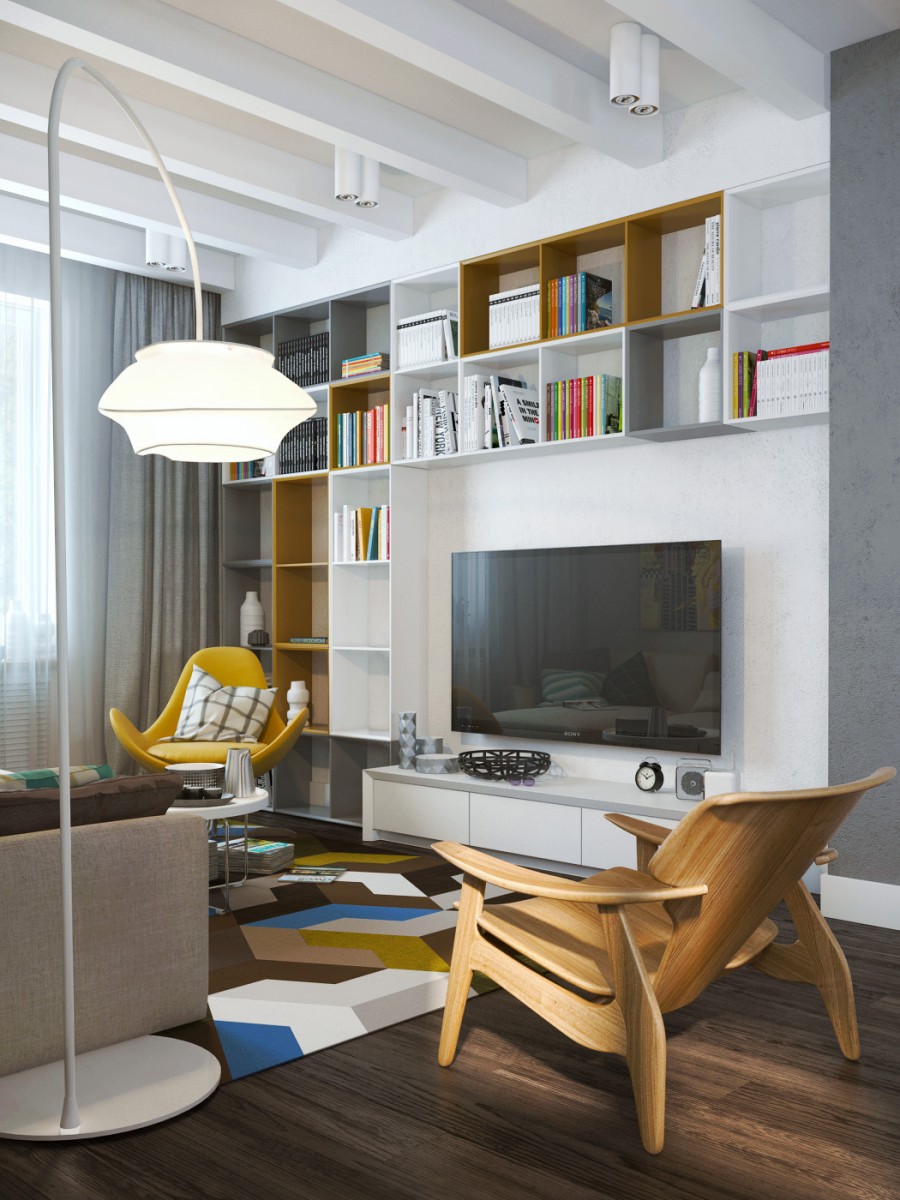
Dowels-umbrellas when installing shelves are used if the wall is hollow. When a shelf is to be fixed on a concrete wall (as you know, it is characterized by strength), drilling is necessary. For this purpose, you need to stock up on a power tool to drill holes in concrete, and you also cannot do without a durable cutting-rotating tool.
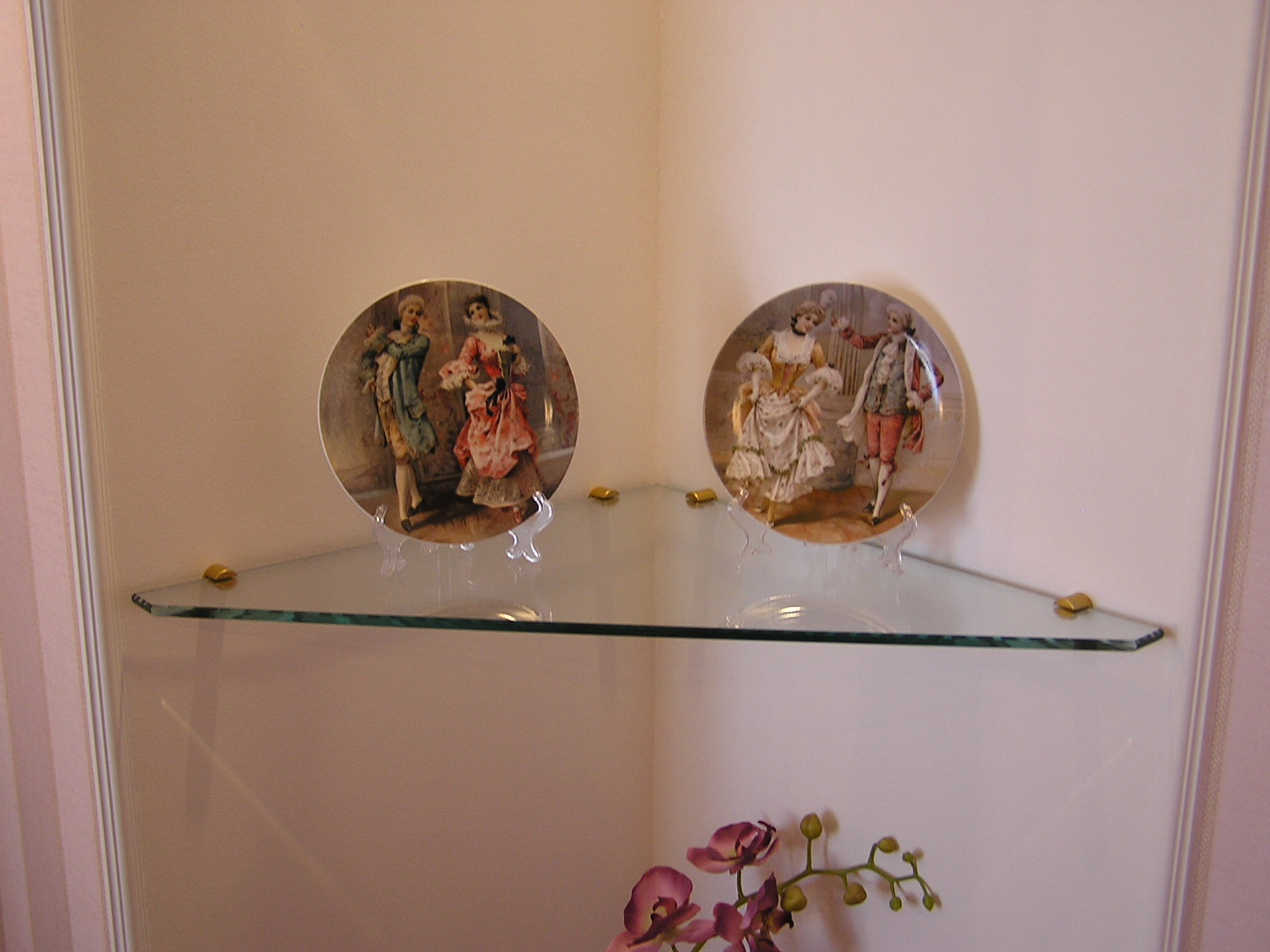
How to fix the shelf to the wall without visible fasteners? Even someone who has never had to do it will be able to cope with such work. You just need to choose the right installation method, as well as the fittings and the fasteners themselves.
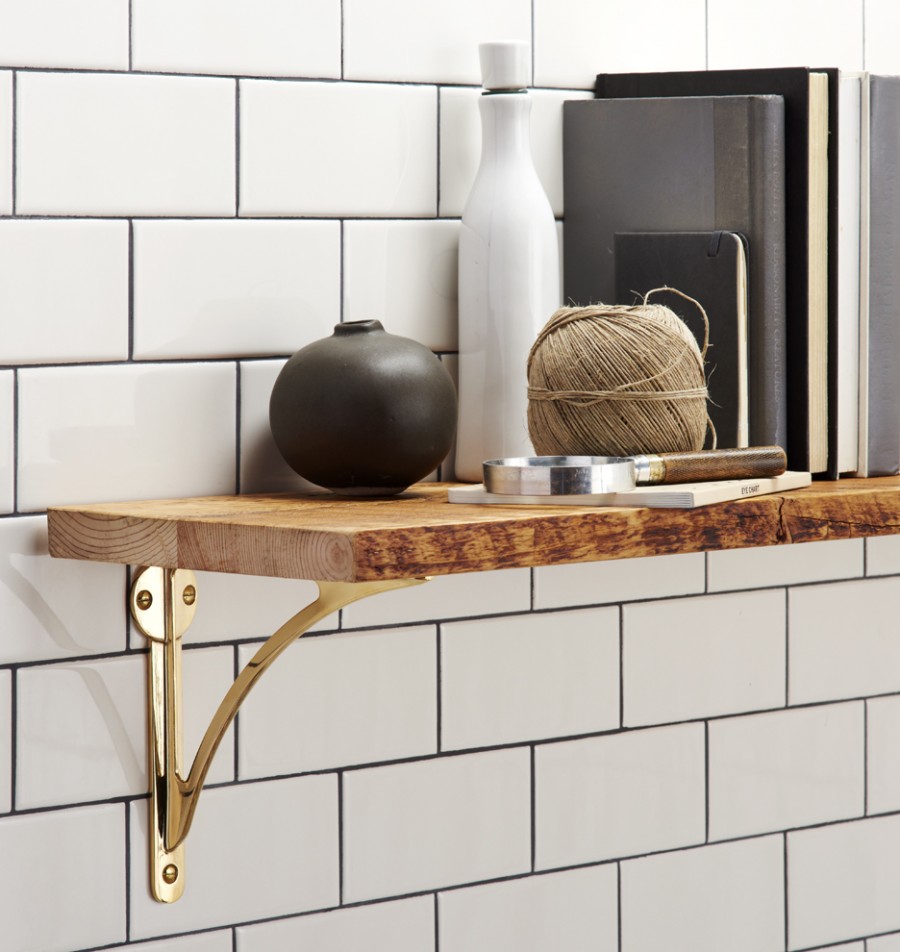
Video: the easiest way to hang a shelf
